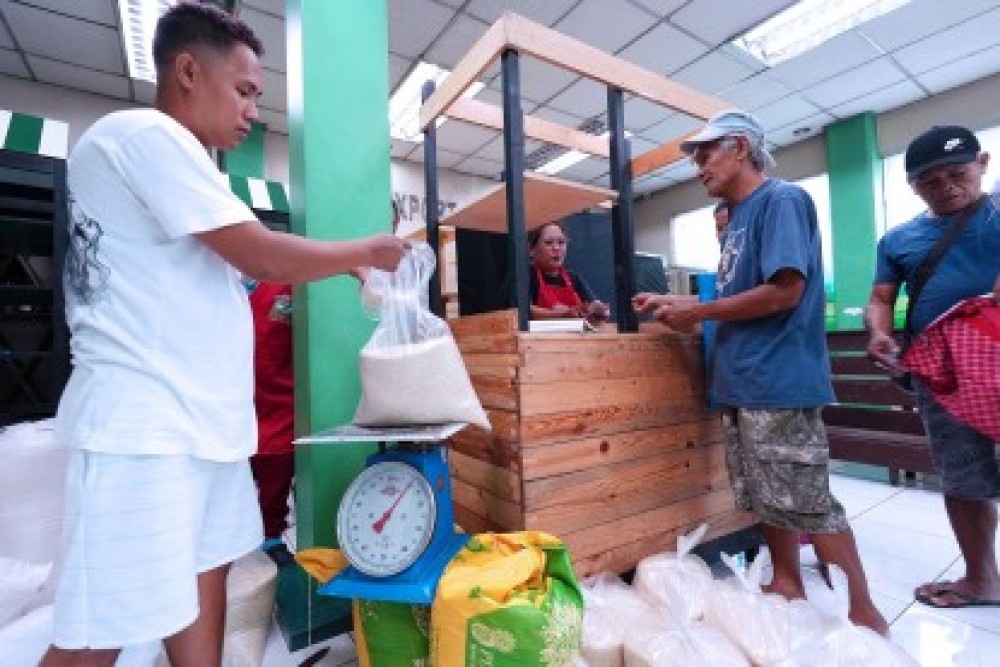The country’s inflation rate continued to remain below the lower end of the government's target range in June, despite a slight uptick due to a faster increase in non-food prices.
National Statistician Dennis Mapa said headline inflation settled at 1.4 percent in June from 1.3 percent in May.
This brings the year-to-date average inflation to 1.8 percent, well within the government’s target range of 2 percent to 4 percent for the year.
Mapa said the slight uptick in headline inflation was driven by higher non-food inflation (1.9 percent from 1.5 percent), with faster price increases observed in electricity (7.4 percent from 2.8 percent) and education (5.4 percent from 4.2 percent).
Food inflation, however, eased to 0.1 percent during the month from 0.7 percent in May.
Mapa said the deceleration of food inflation in June was mainly due to the annual decrease in the prices of vegetables, tubers, plantains, cooking bananas, and pulses at 2.8 percent from an annual increase of 3.4 percent in the previous month.
Rice deflation also hit a record low of 14.3 percent in June.
Mapa said the rollout of the government's P20 per kg. rice program also contributed to the decline, especially in regular-milled rice prices.
In a separate statement, the Department of Economy, Planning, and Development (DEPDev) said government measures to stabilize food supply, boost agriculture, and improve logistics helped ease food inflation during the month.
“The sharp decline in food inflation over the past year underscores the continued progress in our coordinated efforts to boost local production, improve logistics, and implement calibrated trade and biosecurity measures," DEPDev Secretary Arsenio Balisacan said.
"We will sustain these interventions and complement them with targeted initiatives to ensure a continuous, stable supply and shield consumers from future price pressures.”
PNA PHOTO


